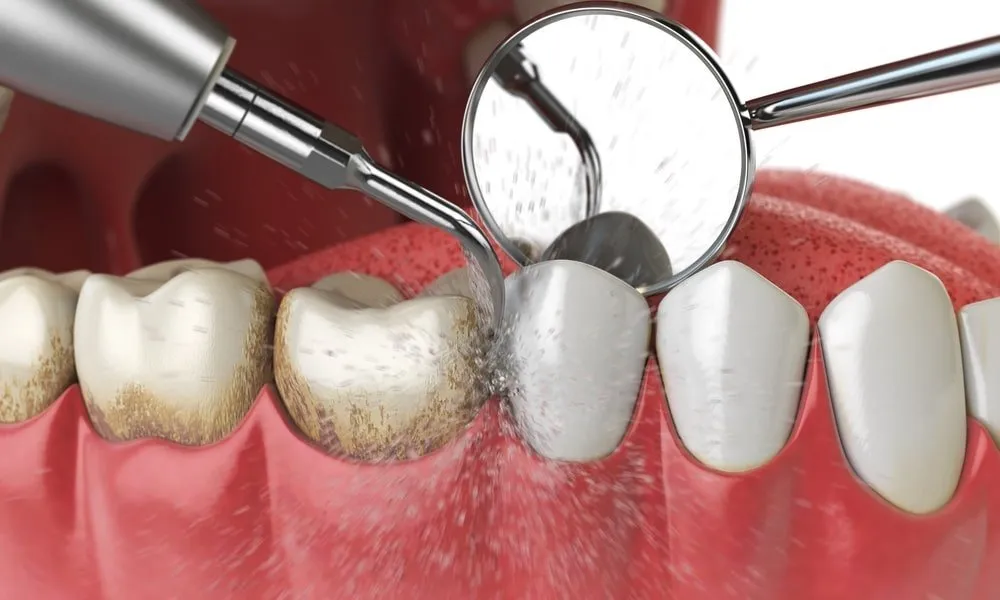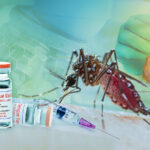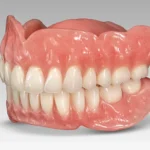Dental plaque is a sticky, colorless film of bacteria that forms on teeth and gums. If not properly managed, it can lead to cavities, gum disease, and tartar buildup. Preventing plaque requires a combination of daily oral hygiene practices and professional dental care.

Causes of Dental Plaque Formation
Plaque develops when bacteria in the mouth interact with food particles, especially those containing sugars and starches. This process creates acids that weaken tooth enamel and contribute to decay. Common culprits include:
- Sugary foods and drinks – Sodas, candies, and desserts
- Starchy foods – Bread, chips, and pasta
- Poor oral hygiene – Infrequent brushing and flossing
- Dry mouth – Reduced saliva production leads to higher plaque buildup
- Smoking and tobacco use – Increases bacterial accumulation and reduces gum health
Dangers of Untreated Plaque
When plaque is not effectively removed, it hardens into tartar (calculus), which is much more difficult to eliminate and requires professional cleaning. The consequences of untreated plaque include:
1. Tooth Decay and Cavities
Plaque acids erode enamel, leading to holes in teeth (cavities). If left untreated, decay can progress to deeper layers, causing pain and infection.
2. Gum Disease (Gingivitis & Periodontitis)
Plaque buildup around the gumline causes inflammation (gingivitis). If neglected, it can progress into periodontitis, a severe infection that can lead to tooth loss.
3. Bad Breath (Halitosis)
Bacterial buildup in plaque releases foul-smelling compounds, leading to persistent bad breath.
4. Tartar Formation
When plaque hardens into tartar, it becomes difficult to remove and increases the risk of severe dental issues.
Top Strategies for Plaque Prevention
1. Brushing Twice Daily
- Use a soft-bristled toothbrush and fluoride toothpaste.
- Brush for at least two minutes, covering all tooth surfaces.
- Replace your toothbrush every 3–4 months.
2. Flossing Daily
Flossing removes plaque and food particles between teeth and under the gumline, reducing the risk of cavities and gum disease.
3. Rinsing with an Antiseptic Mouthwash
A mouthwash with antibacterial properties helps reduce plaque-causing bacteria and freshens breath.
4. Maintaining a Healthy Diet
- Limit sugary and starchy foods that promote bacterial growth.
- Eat fiber-rich foods like fruits and vegetables to stimulate saliva production.
- Drink plenty of water to wash away food debris and bacteria.
5. Regular Dental Check-Ups
Professional cleanings every six months help remove tartar buildup and detect dental issues early.
6. Using Fluoride for Enamel Protection
Fluoride strengthens tooth enamel, making it more resistant to plaque acids. Use fluoride toothpaste or consider fluoride treatments.

